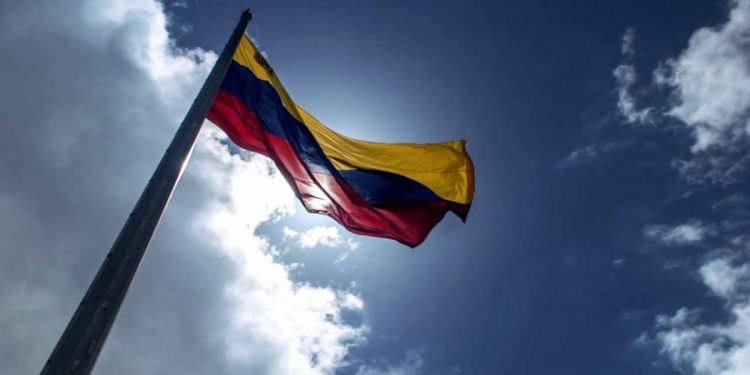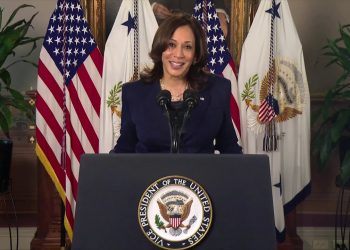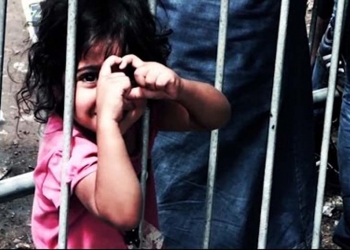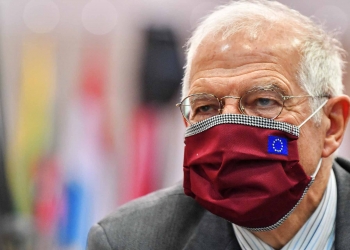UN rights expert urged the United States, European Union and other States to drop unilateral sanctions imposed against Venezuela. The UN Special Rapporteur on unilateral coercive measures and human rights, Alena Douhan calls for unilateral sanctions to be dropped against Venezuela.
Imposed by the United States, European Union as well as other countries, the sanctions have sparked economic, humanitarian and development crises, devastating the entire population, especially those living in extreme poverty, women, medical workers, individuals with life-threatening diseases and indigenous peoples.
Exemptions are no answer
First imposed against Venezuela in 2005, sanctions have been severely strengthened since 2015, with the harshest levied by the United States. Ms. Douhan stressed that unilateral measures are only legal if they are authorized by the Security Council, used as countermeasures, or do not breach any obligation of States and do not violate fundamental human rights.
Humanitarian exemptions are lengthy, costly, ineffective and inefficient.
Alena Douhan, UN Special Rapporteur
Lack of electricity, water, fuel, food and medicine along with the departure of qualified workers – many of whom have left the country for better economic opportunities – are having “enormous impact over all categories of human rights, including the rights to life, to food, to health and to development”, the UN expert highlighted.
UN Special Rapporteur visited Venezuela
At the end of a two-week visit to Venezuela, Douhan said the sanctions have exacerbated pre-existing calamities. They have resulted in the economic, humanitarian and development crisis, with a devastating effect on the whole population of Venezuela, especially but not only those in extreme poverty, women, children, medical workers, people with disabilities or life-threatening or chronic diseases, and the indigenous populations.
“The devastating effect of sanctions imposed is multiplied by extra-territoriality and over-compliance adversely affecting public and private sectors, Venezuela citizens, non-governmental organisations, third country national and companies, said Douhan, adding that “humanitarian exemptions are lengthy, costly, ineffective and inefficient”.
“Lack of necessary machinery, spare parts, electricity, water, fuel, gas, food and medicine, growing insufficiency of qualified workers many of whom have left the country for better economic opportunities, in particular medical personnel, engineers, teachers, professors, judges and policemen, has enormous impact over all categories of human rights, including the rights to life, to food, to health and to development.
Why EU has entered in World War of sanctions on Venezuela?
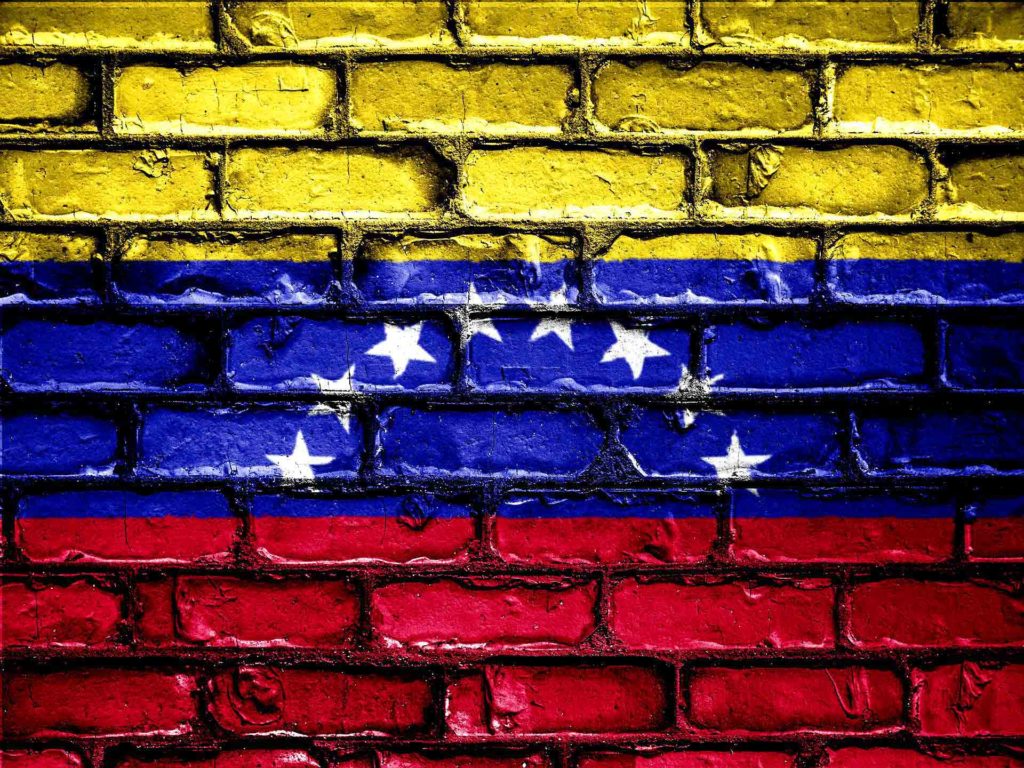
Complex situation on Venezuela sanctions
“Due to the complexity of the situation I sought to meet the widest range of people to listen to their experience and insights. I met government officials, diplomats, international agencies, opposition leaders, non-governmental organizations, lawyers, doctors, teachers, academics, victims of human rights violations, representatives of private business and of the church, as well as ordinary people,” Douhan said.
Sanctions were first imposed against Venezuela in 2005 and have been severely strengthened since 2015, with the most severe ones being imposed by the United States.
Douhan stressed that unilateral measures are only legal if they are authorised by the UN Security Council, or used as countermeasures, or do not breach any obligation of States, and do not violate fundamental human rights. She called on the countries to observe principles and norms of international law and reminded them that humanitarian concerns should always be taken into account with due respect to mutual respect, solidarity, cooperation and multilateralism. She plans to issue a full report on her mission in September 2021.
Who is the independent UN rights expert?
Ms Alena Douhan (Belarus) was appointed as Special Rapporteur on the negative impact of the unilateral coercive measures on the enjoyment of human rights by the Human Rights Council in March 2020. Ms. Douhan has extensive experience in the fields of international law and human rights as, a Professor of international law at the Belarusian State University (Minsk), a visiting Professor at the the Institute for International Law of Peace and Armed conflict, (Bochum, Germany) and the Director of the Peace Research Centre (Minsk). She received her PhD at the Belarusian State University in 2005 and obtained Dr. hab. in International Law and European Law in 2015 (Belarus). Ms. Douhan’s academic and research interests are in the fields of international law, sanctions and human rights law, international security law, law of international organizations, international dispute settlement, and international environmental law.
Special Rapporteurs are part of what is known as the Special Procedures of the Human Rights Council. Special Procedures, the largest body of independent experts in the UN Human Rights system, is the general name of the Council’s independent fact-finding and monitoring mechanisms that address either specific country situations or thematic issues in all parts of the world. Special Procedures’ experts work on a voluntary basis; they are not UN staff and do not receive a salary for their work. They are independent from any government or organization and serve in their individual capacity.

